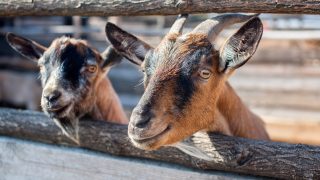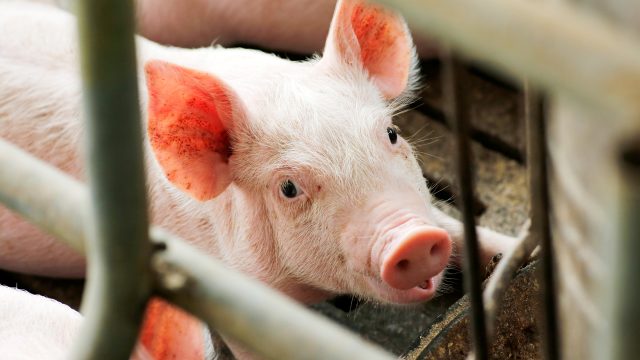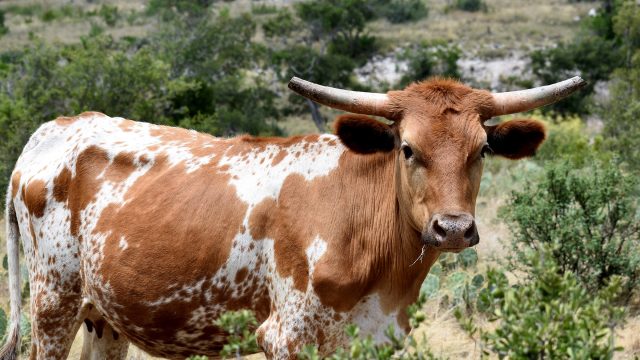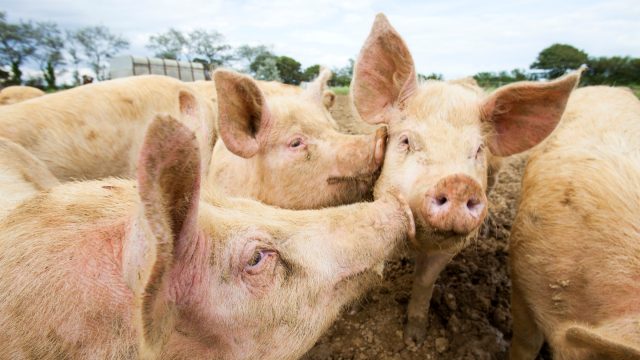
Massachusetts Farmed Animal Ballot Measure Survives Constitutional Challenge
By Nicole Pallotta, Academic Outreach Manager
The Massachusetts Supreme Judicial Court has allowed a ballot question addressing the confinement of farmed animals to move forward, ruling against a constitutional challenge in a unanimous decision. The initiative would prohibit confining farmed animals in cages so small they cannot comfortably stand up, lie down, turn around, or move their limbs. It would also ban the sale of meat and eggs resulting from these practices outside Massachusetts.
The lawsuit argued the ballot question was unconstitutional because it included “multiple unrelated subjects” (confinement and sales) and addressed three different types of animals.
In ruling against the plaintiffs, the court found that the confinement and sale provisions are related because they “share a common purpose of preventing farm animals from being caged in overly cramped conditions” and that the ballot question treats all three animals the same way.
Ten states in the U.S. have banned the confinement practices at issue in Massachusetts: battery cages for egg-laying hens, veal crates for calves, and gestation crates for pigs. Although only one farm in Massachusetts currently uses battery cages, and none use veal crates or gestation crates, the provision banning the sale of products resulting from these practices would have a greater impact.
So far, only California has passed a law banning the sale of eggs from hens kept in cages, and no state has banned the sale of meat products from confined animals. This legislation would go further than any similar law in the U.S.
Further reading:
- Schoenberg, Shira. July 6, 2016. “Supreme Judicial Court upholds farm animal ballot question banning ‘extreme confinement.’” MassLive.
- Citizens for Farmed Animal Protection (the coalition behind the ballot initiative; full language of the measure can be found in the resources section).
- See the Animal Legal Defense Fund’s resource, “Farmed Animals and the Law.”
Focus Area
Related
-
Lawsuit Filed Against Pig Breeder Holden Farms Related to Feeding Dead Piglets’ Intestines and Feces to Mother Pigs and Other Offenses
Animal Legal Defense Fund filed a false claims lawsuit against Holden Farms. Allegations include violating federal and state laws banning “garbage feeding” and state animal cruelty law.August 10, 2023 Press Release -
$5,000 Reward for Information Regarding Six Killed and Mutilated Cows in Three Texas Counties
Cows were killed in Madison, Brazos, and Robertson Counties, Texas.May 3, 2023 Press Release -
Fourth Circuit Enjoins North Carolina Ag-Gag Law
The U.S. Court of Appeals for the Fourth Circuit handed an important win to plaintiffs in a lawsuit challenging North Carolina’s Ag-Gag law, ruling that undercover investigations and whistleblowing are considered newsgathering activities protected by the First Amendment.February 23, 2023 Press Release



